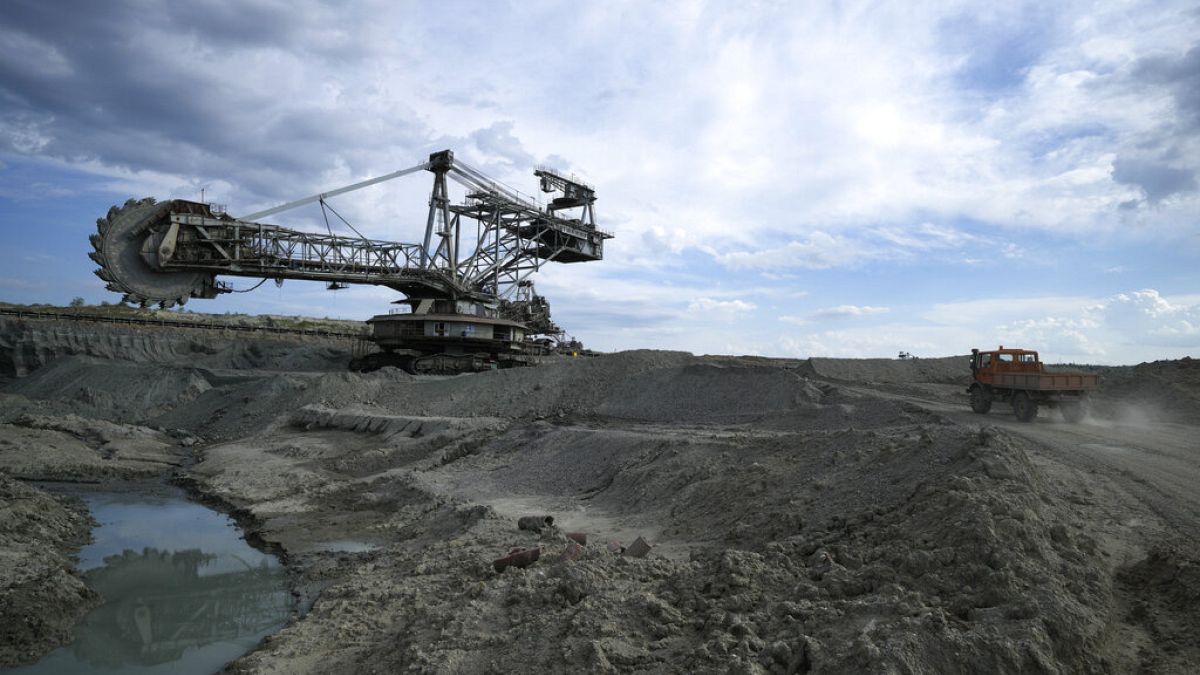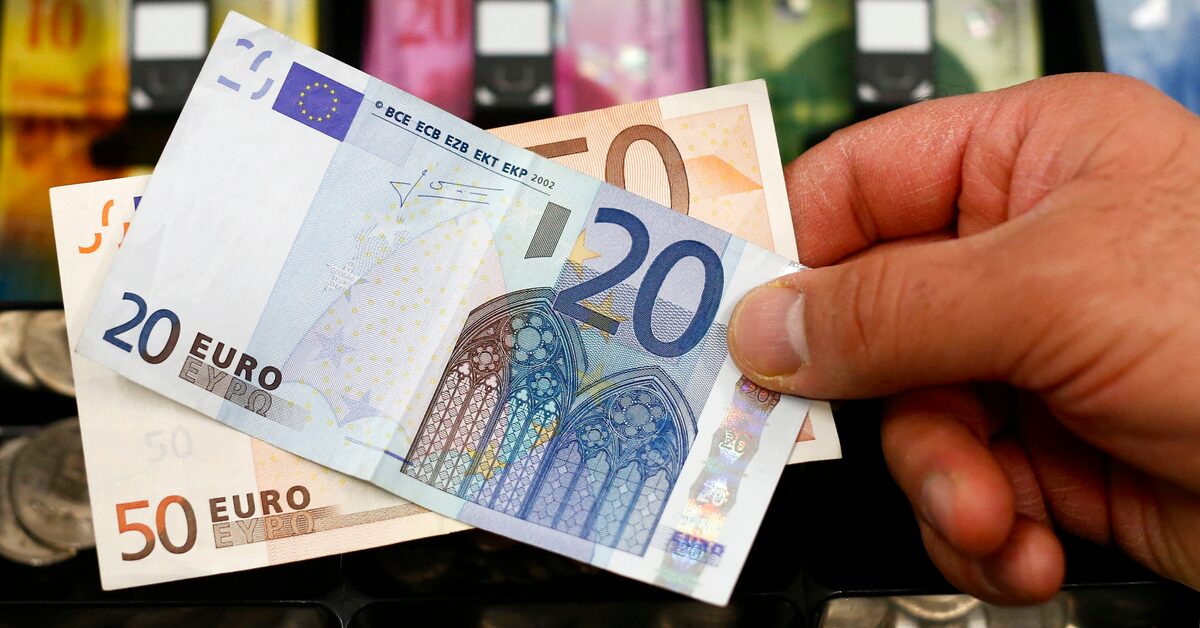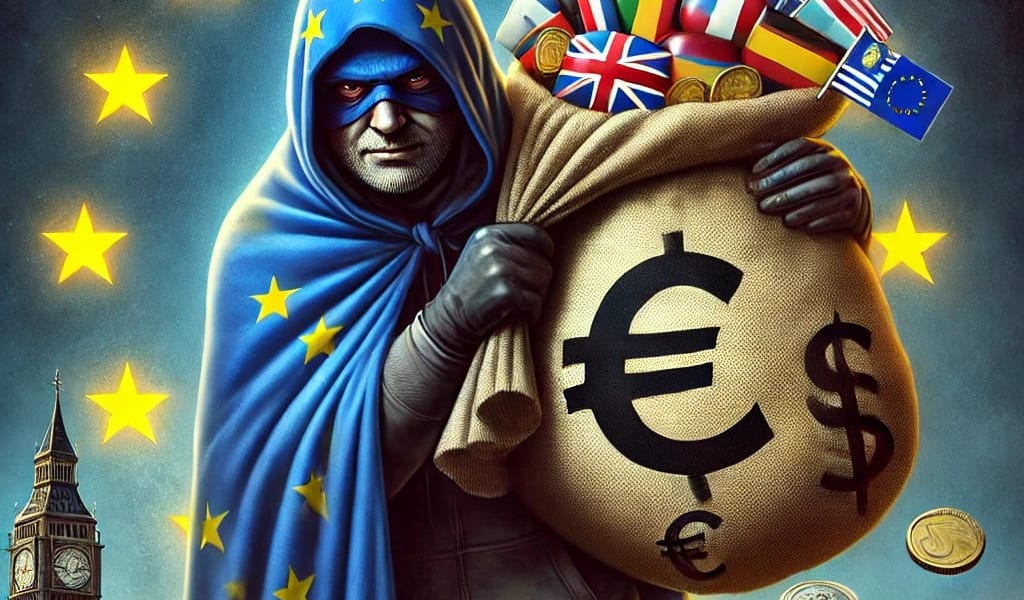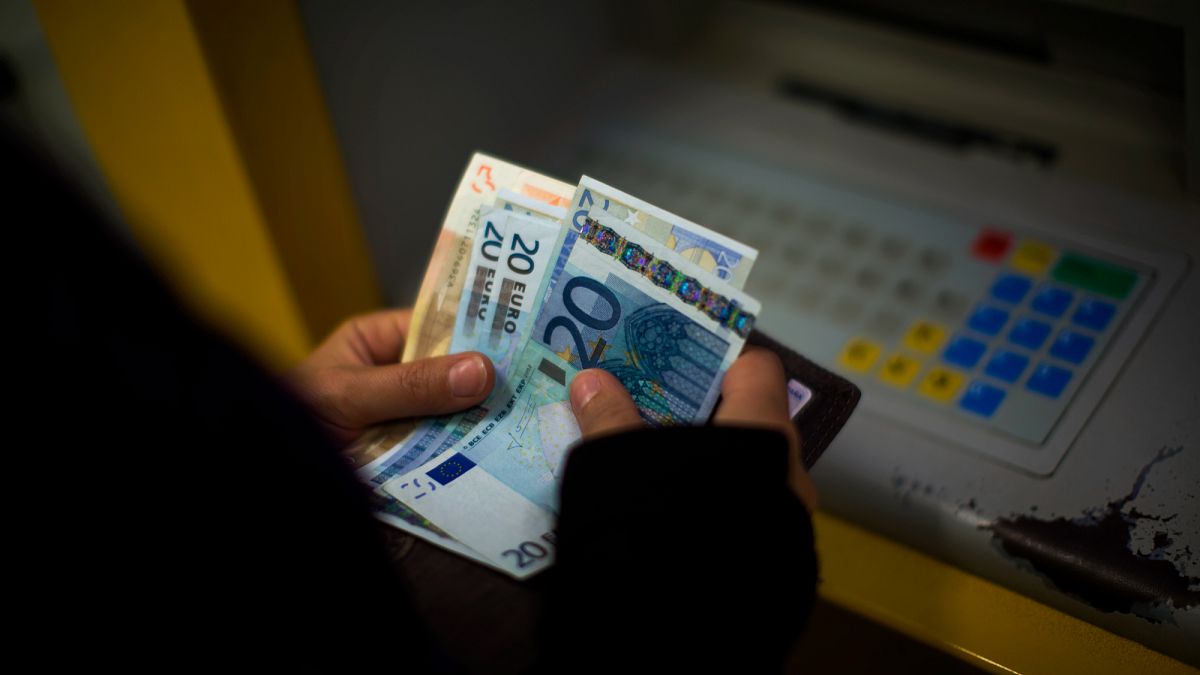- Messages
- 37,086
- Reaction score
- 6,376
- Points
- 288
The EU’s new competition rules are going live — here’s how tech giants are responding
March 6th marks a long-awaited moment of change: it’s the deadline for tech’s biggest “gatekeepers” to comply with the European Union’s Digital Markets Act, or DMA. The DMA requires powerful companies to allow more interoperability and avoid preferencing their own digital services. It’s generated disputes over which services should be included, sparked excitement among smaller competitors, and resulted in changes to how companies handle fundamental parts of their business. And in March 2024, after years of debate, the rules are coming into force.The EU has designated six companies as gatekeepers, which it defines as large digital platforms providing “core” services like app stores, search engines, and web browsers. The DMA’s restrictions apply to specific services within these companies: Alphabet, Amazon, Apple, ByteDance, Meta, and Microsoft. Here’s what each has been doing to meet — and fight — those demands.
More:
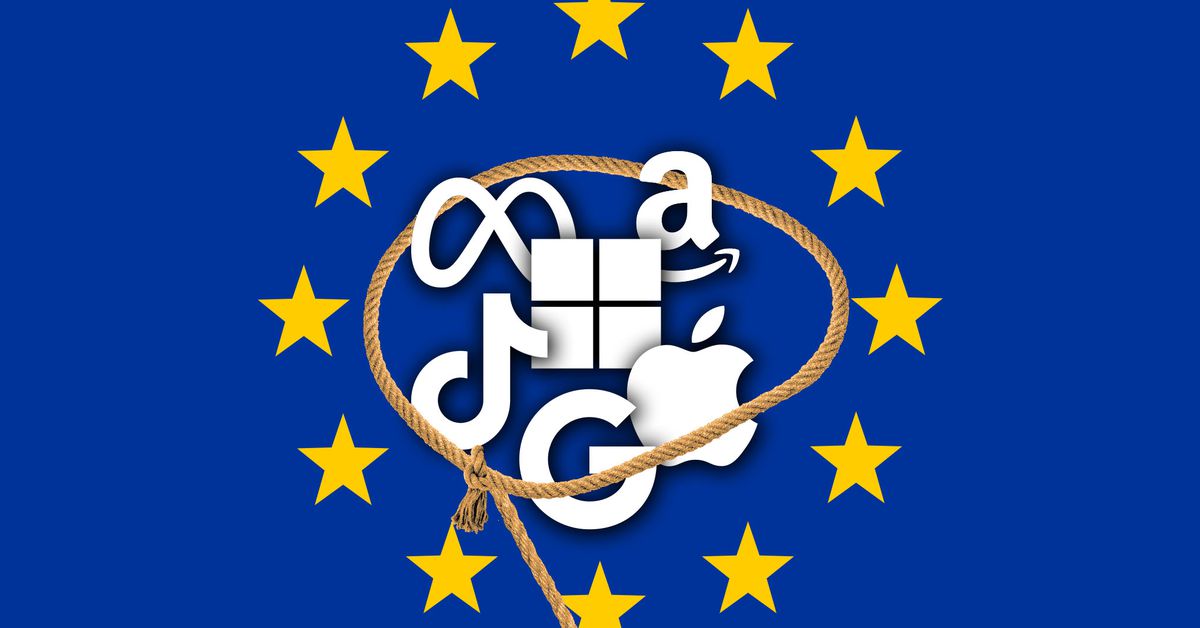
The EU’s new competition rules are going live — here’s how tech giants are responding
The Digital Markets Act’s deadline for compliance is imminent. Its six designated ‘gatekeepers’ have fought the rules, but also bent to them.

